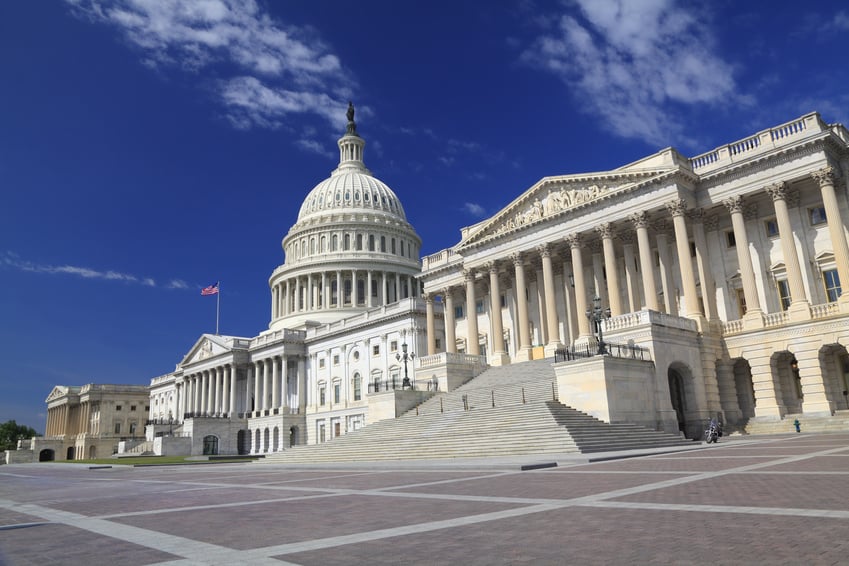The Federal Trade Commission has just announced its annual adjustment to the notification thresholds that determine whether proposed transactions may trigger a filing obligation under the Hart-Scott-Rodino (HSR) Antitrust Improvements Act of 1976, as amended. The corresponding adjustments to the HSR filing fee schedule also were included in the announcement. The adjusted notification thresholds and filing-fee schedule will apply to transactions that close on or after the effective date, which will be 30 days after publication in the Federal Register and no earlier than 26 February 2024.
On 18 December 2023, the Antitrust Division of the US Department of Justice (DOJ) and the Federal Trade Commission (FTC) jointly issued their highly anticipated final version of the 2023 Merger Guidelines . The issuance of the Guidelines follows the agencies’ release of draft guidelines in July and the conclusion of a public notice-and-comment period. The Guidelines set out how the agencies assess whether mergers and acquisitions threaten anticompetitive harm in violation of US antitrust laws.
Most notably, the newly issued Guidelines retained the lower thresholds for establishing presumptions of anticompetitive harm — including if the merger gives the combined firm more than 30% market share. Additionally, the Guidelines outline a holistic approach for analyzing vertical mergers.
On 27 June 2023, the Federal Trade Commission, with the concurrence of the Assistant Attorney General for the US Department of Justice’s Antitrust Division, announced proposed changes to the premerger notification form and associated instructions and rules that implement the Hart-Scott-Rodino (HSR) Act. The proposed changes represent an expansion and reorganization of the information collected on the HSR form.
The Antitrust Division of the Department of Justice announced that it reached a settlement in its litigation challenge against ASSA ABLOY AB’s proposed USD 4.3 billion acquisition of Spectrum Brand Holding Inc.’s Hardware and Home Improvement division. The settlement, which came in the middle of trial and is now subject to court approval, is the first negotiated settlement under DOJ Assistant Attorney General Jonathan Kanter. Notably, comments from the judge during the trial suggested skepticism towards the DOJ’s position and potential difficulties for the DOJ in winning its case. Without the settlement, this case may have been next in a recent number of DOJ litigation losses.
Under the FTC’s order, JAB must obtain the Commission’s prior notice provision and also a broad prior approval provision. That is a risk if the PE firms have a roll-up strategy, because it then requires future notification on acquisitions in the same space. This puts the firms at a disadvantage in a competitive auction setting.
There is growing attention on private equity from antitrust regulators. In 2022, the US Federal Trade Commission placed a condition on JAB Consumer Partners’ acquisition and required prior approval and notice regarding future acquisitions in the same space. Sponsors are encouraged to be more active with legislative and regulatory engagement and behave more like large corporates.
The Federal Trade Commission has just announced its annual adjustment to the notification thresholds that determine whether proposed transactions may trigger a filing obligation under the Hart-Scott-Rodino Antitrust Improvements Act of 1976, as amended, which will apply to transactions that close on or after 27 February 2023.
President Joe Biden’s omnibus spending package included three pieces of new antitrust legislation: (1) the Merger Filing Fee Modernization Act; (2) the State Antitrust Enforcement Venue Act; and (3) the Foreign Merger Subsidy Disclosure Act. The Merger Filing Fee Modernization Act will alter filing fees for transactions requiring antitrust review under the Hart-Scott-Rodino Act. The new fee structure will reduce filing fees for smaller transactions, while significantly increasing fees for the largest ones.






